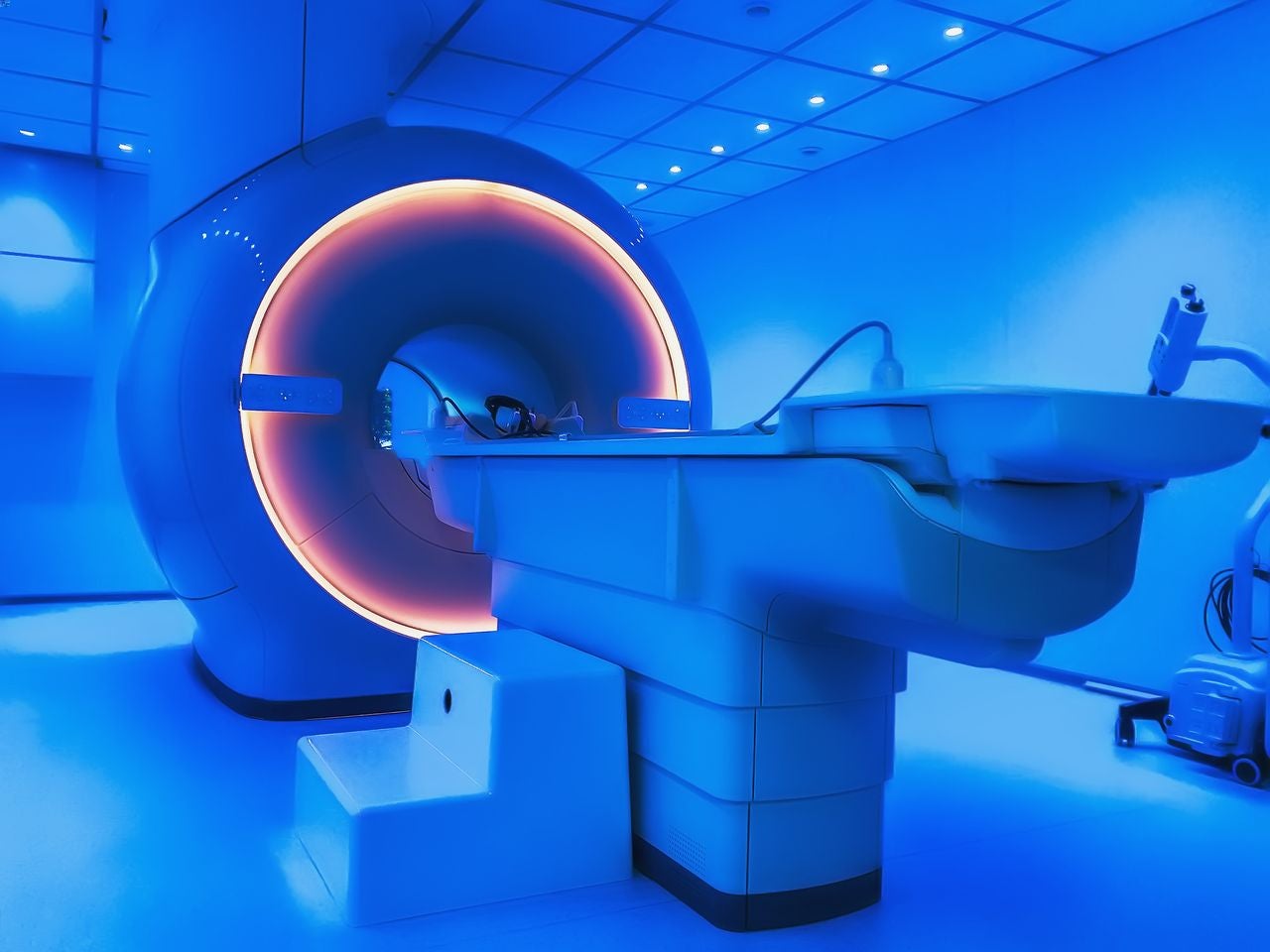According to the FDA, a companion diagnostic test is defined as a medical device, often an in vitro device, which provides information that is essential for the safe and effective use of a corresponding drug or biological product. Companion diagnostics can be used to determine the appropriate approach most likely to benefit a particular cancer patient. Driven by the quick adoption rate of companion diagnostic tests, the market for oncology tests was valued at $1.9bn in 2022, reaching $3.1bn by 2030 with a robust compound annual growth rate (CAGR) of 12.8% from 2023 to 2030.
According to GlobalData’s Global Brand Pricing tool, the reagent fees of a companion diagnostic can range from less than $10 to more than $100 per test. Some tests may require specialised capital equipment that can add to the overall cost of the test. The cost of a companion diagnostic can vary widely depending on several factors such as the type of test, the complexity of the technology, the intended use, and the regulatory requirements of the country in which the test is marketed. It is important to note that the cost of a companion diagnostic is often only one aspect of the overall cost of a targeted therapy. Companion diagnostics are designed to identify patients who are most likely to benefit from a particular medication or therapy, and the cost of the therapy itself can be much higher than the cost of the diagnostic test. It is important to consider the overall value of the companion diagnostic test in the context of the potential benefits of targeted therapies for patients. Most of the companion diagnostics in oncology are cost-effective.
In some cases, companion diagnostics may not be available at all in certain regions, making it difficult or impossible for patients to access the therapies they need. In other cases, companion diagnostics may be available but at a significantly higher cost, making them unaffordable for many patients. As a result, the availability and cost of these tests can be a significant barrier to accessing targeted therapies in developing countries. Efforts are being made to improve access to affordable companion diagnostics, particularly in developing countries, to ensure that patients can receive the most appropriate treatments for their medical conditions. Roche, the manufacturer of trastuzumab, has launched a global programme to increase access to HER-2 testing and targeted therapies for breast cancer patients in low-income and middle-income countries (LMICs). The programme includes partnerships with local healthcare providers and laboratories, as well as pricing and reimbursement schemes to reduce the cost of HER-2 testing and targeted therapies.
Germany-based Merck KGaA has established a Global Health Institute that is focused on improving access to healthcare in LMICs. The institute has supported several projects related to companion diagnostics, including a project by Qiagen to develop a low-cost companion diagnostic for cervical cancer.

US Tariffs are shifting - will you react or anticipate?
Don’t let policy changes catch you off guard. Stay proactive with real-time data and expert analysis.
By GlobalData





